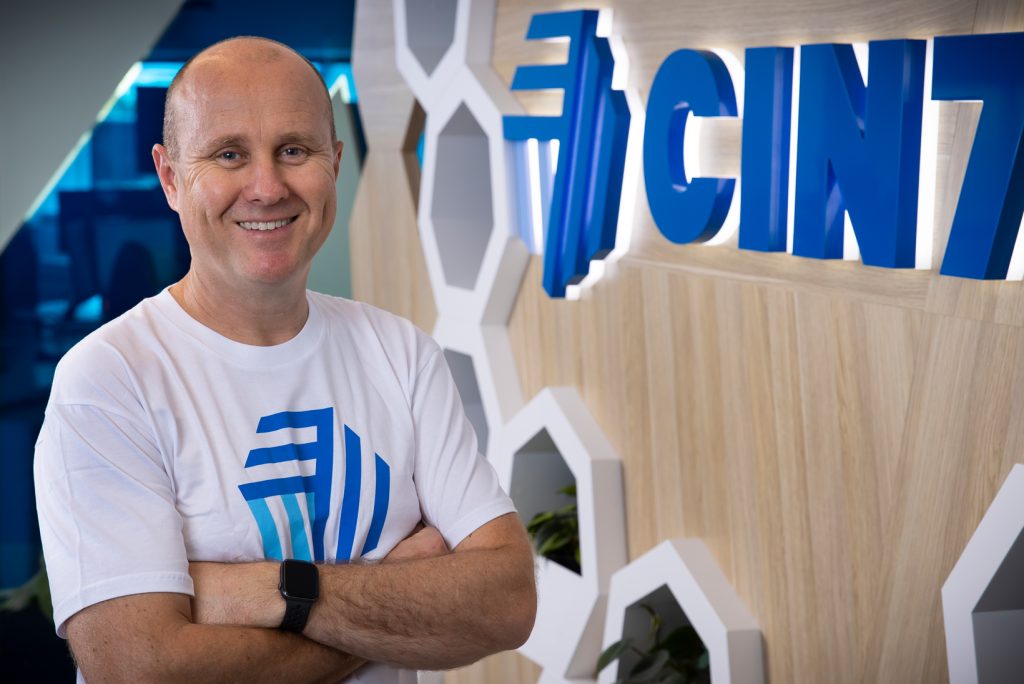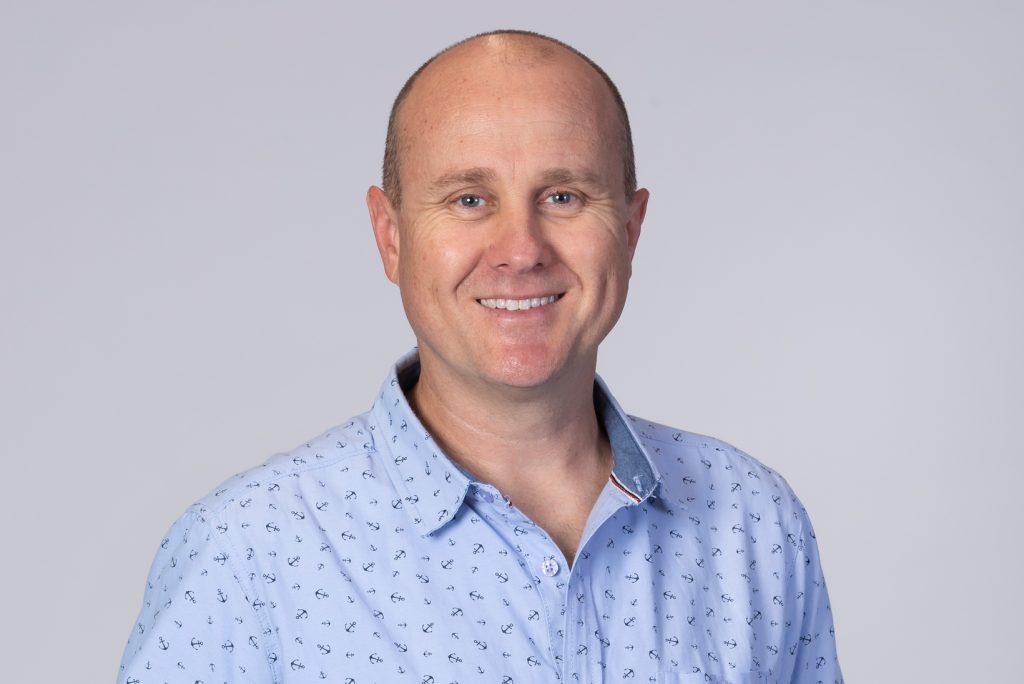June 19, 2023
Following a career of unrivalled achievement and market success, the moment of truth finally arrives – day one as a new CEO.
Armed with an endless stream of advice – and an already expanding to-do list – the importance of taking a breath to build a 90-day plan is etched in the stone of leadership literature.
But what about the first 90 hours? CEOs don’t get a second chance to make a first impression.
“The suggestion that new leaders embark on a plodding, 90-day listening tour, making the rounds to talk to a wide range of employees, is no longer appropriate,” noted John A. Quelch, Professor of Business Administration Emeritus at Harvard Business School.
For Quelch – who is also Dean of Miami Business School – the move is “downright dangerous” to the leader and to the organisation.
“After three months of dithering, naysayers on the inside will have figured out your weak spots and will be organising to slow you down, competitors will have picked off your best clients and headhunters will have tempted away your best executives,” he cautioned.
An extreme consequence perhaps but Quelch’s deep-rooted point that new CEOs must learn on the job to maintain organisational momentum rings true.
“Most organisations today can afford to take a timeout for 90 hours but 90 days is now far too long,” he advised. “You were hired to do a job. So get on with it.”
David Leach is no stranger to the need for speed given his long history of guiding fast-growing software-as-a-service (SaaS) companies in New Zealand, including Cin7, Qrious, Orion Health and ezyVet.
A qualified engineer and software developer by trade, the Auckland-based executive recalled his first day as a CEO, walking through the doors as the then newly appointed leader of Spark-owned Qrious in January 2017.
“I was both nervous and excited, just like anyone starting in a new job,” he noted. “Within weeks, two things hit me in my first CEO role. First, the importance of developing a strong leadership team and the time investment needed to achieve it. Second, it’s so much about people and culture.”

Drawing on more than 20 years of experience, Leach has a wealth of expertise within the SaaS space, namely transitioning Qrious from an early stage start-up to a more mature business, significantly growing revenues while addressing negative EBITDA – aka, poor profitability and or cash flow.
Prior to this, Leach spent almost a decade at Orion Health leading teams across Asia Pacific, North America, UK and Europe in the pursuit of product innovation and market expansion.
“The CEO position is not a super-powered employee that is supposed to be able to do everything,” said Leach, now CEO of Cin7, having originally joined as COO in September 2019.
Expanding on such a crucial career learning, Leach instead advocated for building a team of standout leaders with “unique, and often complementary, career and life experiences”. Then lean on this trusted group for support.
“Hiring these talented individuals and then developing the right team dynamic is harder than it sounds but it’s powerful when it’s working well – when politics are low and they’re able to do their best work,” Leach acknowledged.
“Moving forward to today as CEO at Cin7, and after some mistakes and learnings, those same two things remain a large focus of mine. I think I now have more experience in how to move an entire business forward in the right direction but it’s taken practice above learning it in a book.”
Developing a strong leadership team
Whether CEO or not, Leach advocated the importance of being encircled by a small number of trusted relationships – in and outside of work – to allow for real conversations to take place with an open mind.
“By knowing they have your back, and being a little vulnerable with them, you can continue to learn and grow, and develop as a better leader,” he said.
Based on past experience, Leach recommended that the CEO journey becomes markedly better “if you’re kind to yourself” and maximise the power of a supportive core team.
“Share the load, celebrate and be better together,” he added. “CEOs can stagnate like anyone else. It’s a creative role in many respects and a very difficult role to perfect.”
Sharing the load is an important skill for executives to master, especially as they transition from an individual contributor to team leader to CEO.
“This has required a major shift away from doing things myself to letting go and leading others, particularly my executive team and getting out of their way,” Leach acknowledged.
“Handling the pressure requires having intensity at work and then a life outside of work for time out, plus a healthy enough lifestyle to keep the mind and body sharp. Working hard on this has also given me time back for more strategic work and family time.”
As CEO of Apple, Tim Cook wakes up at 3:45am to check his email for an hour before hitting the gym then starting his working day. Bob Iger – CEO of The Walt Disney Company – rises at 4:15am with similar motivations while Richard Branson – founder of Virgin Group – follows suit at 5am.
Whether an early bird or night owl – successful people wake up late as well – CEOs are known to exhaust the limited availability of hours and minutes on a daily basis, with time management viewed as fundamental to executive success.
“This is where I could have done better, that consistent theme of ‘compressing time’,” Leach accepted. “With the right decisions, the right priorities and the right leaders, could we have delivered faster outcomes?
“Could we have made that unpopular decision sooner? With radical candour and bold conversations with my direct reports, would they have become a better leader more quickly? Could we have executed that long and hard project in less time, or in stages?”

In response, the onus is on Leach to make decisions by actively listening to executive team expertise, talking to customers and analysing the right data and facts.
With time out for reflection – and collaboration with the board and executive team – CEOs require a point of view on what the right chess moves are for making the business better and future-proofing operations.
“Step above the noise, break out of old mindsets, innovate with urgency and create a culture of lifelong learning,” Leach advised. “Be prepared for setbacks, lead through new challenges with optimism and develop resilience to bounce back quickly.”
Prioritising people and culture
Founded in 2012, Cin7 goes to market as a cloud-based inventory management software that streamlines stock management across multiple channels.
The platform processes more than eight million orders per month and over $36 billion in sales revenue annually, serving customers in more than 100 countries across the world. Built on Microsoft Azure, the Auckland-based business supports over 700 integrations, including Xero, Shopify, Amazon, PayPal and Salesforce among others.
Today, Cin7 operates as an established global business with New Zealand accounting for approximately 10% of revenue, forming an “amazing testing ground” for new product features and services.
“I would say leading Cin7 through the pandemic and maintaining our strong culture,” responded Leach, when asked to outline his biggest achievement in the role. “We acquired two businesses over Zoom in 2021, grew by more than 300% and now have 8,500 customers worldwide.”
In praising the company’s “get stuff done” culture, Leach was also quick to acknowledge the downside of such a positive approach.
“It has sometimes meant that we take too much on,” he said. “We have worked hard to sharpen up on our strategy with ruthless prioritisation and focus.
“We now work smarter, with more structure to how we communicate an energising company-wide ‘rally cry’ and cascade this to team-level objectives. Our strategy also informs us what we are not going to do.”
As CEO, Leach understands the need to ensure Cin7 remains focused by setting performance expectations, driving accountability and time efficiency while increasing urgency. The aim is simple – to ensure the business moves forwards, not backwards.
“You have to make it a habit to consistently listen, collaborate and build trusted relationships in order to unlock the potential in others, which ultimately allows the business to deliver results,” he recommended. “Also, similar for all employees, CEOs need to respect and treat everyone equally.”
Aligned to the belief that “leaders are made and not born”, the pathway to the top role is seldom linear and rarely identical, with some “training” available to help future executives prepare. Whilst not exact, Leach shared a “pseudo recipe” to becoming a CEO:
What’s next?
From a market perspective, Cin7 is taking aim at the continued shift from legacy desktop systems to SaaS solutions in the cloud. This is in addition to the increasing need for inventory businesses to sell products via multiple sales channels, online and in stores.
“Our opportunity is to be the trusted technology partner for these small and medium sized inventory businesses that want to thrive in the modern, complex and changing world of digital commerce,” Leach said.
“Our software is the core operating platform that enables thousands of product sellers to run and scale their business effectively.”
While the path to becoming an international business is not the same for every Kiwi company, Leach noted the key ingredients central to the success of Cin7 on the global stage.
“And a bit of luck in getting the timing right,” Leach added.
Inform your opinion with executive guidance, in-depth analysis and business commentary.